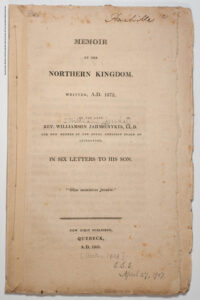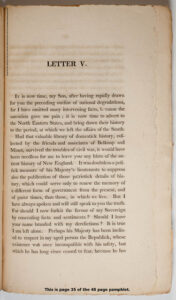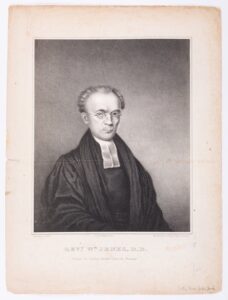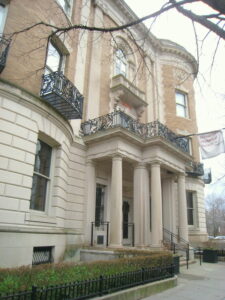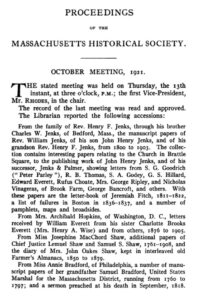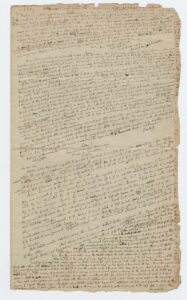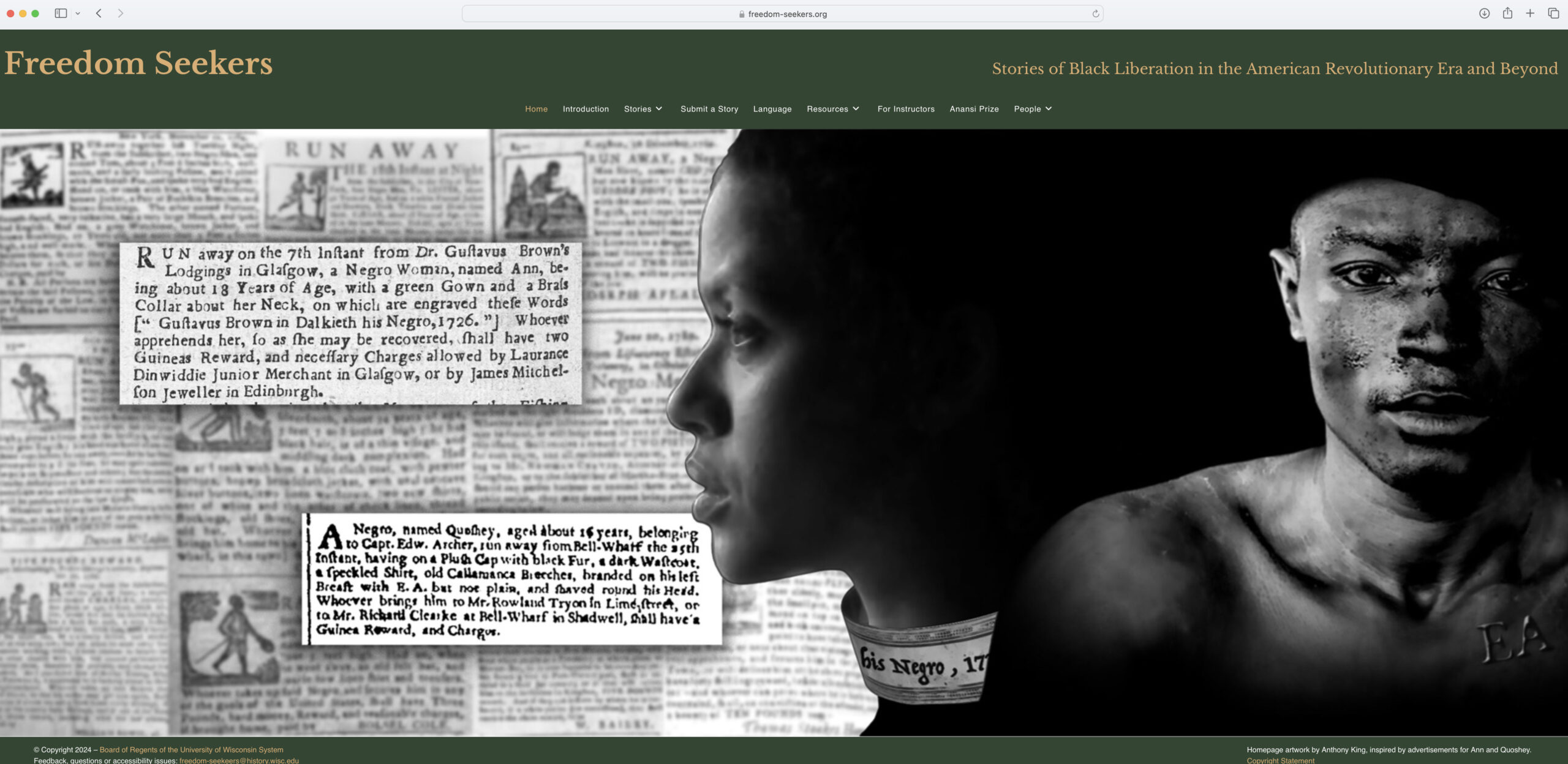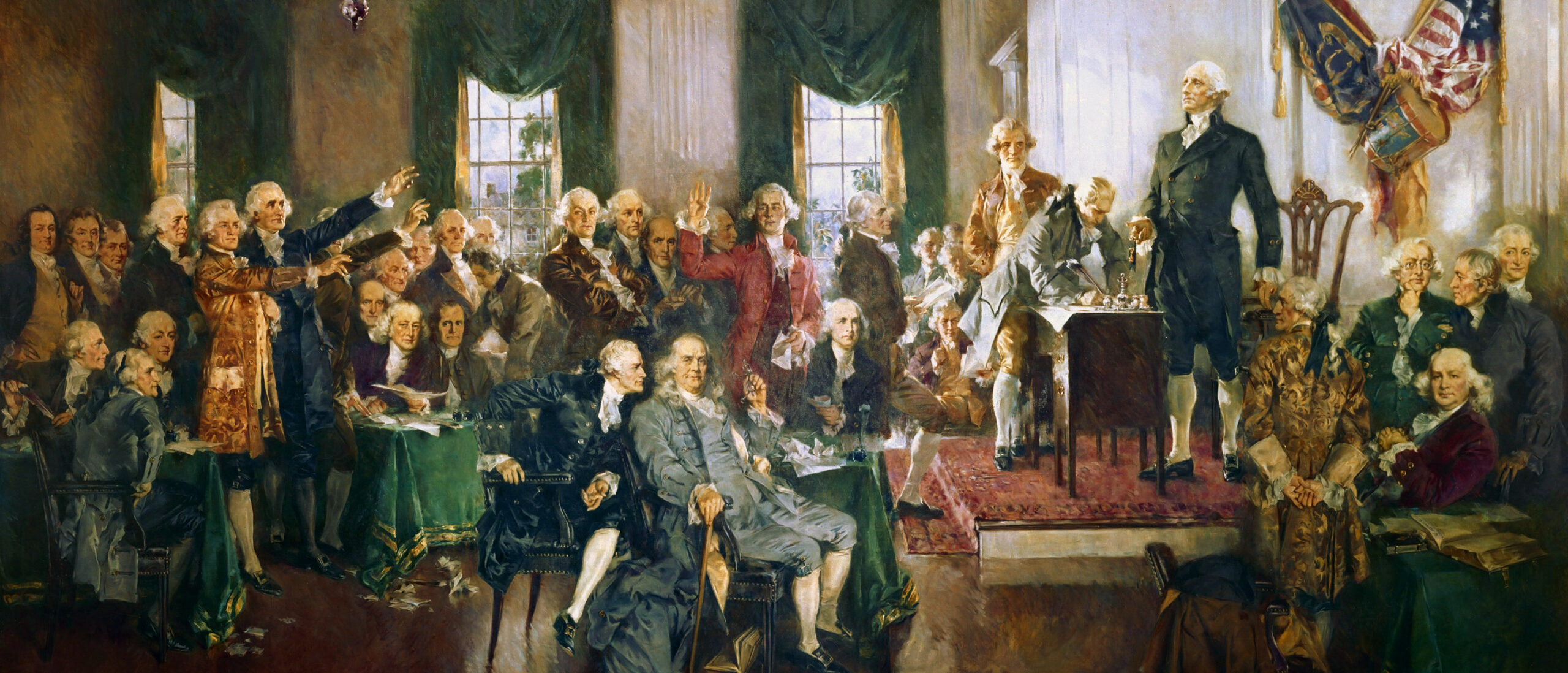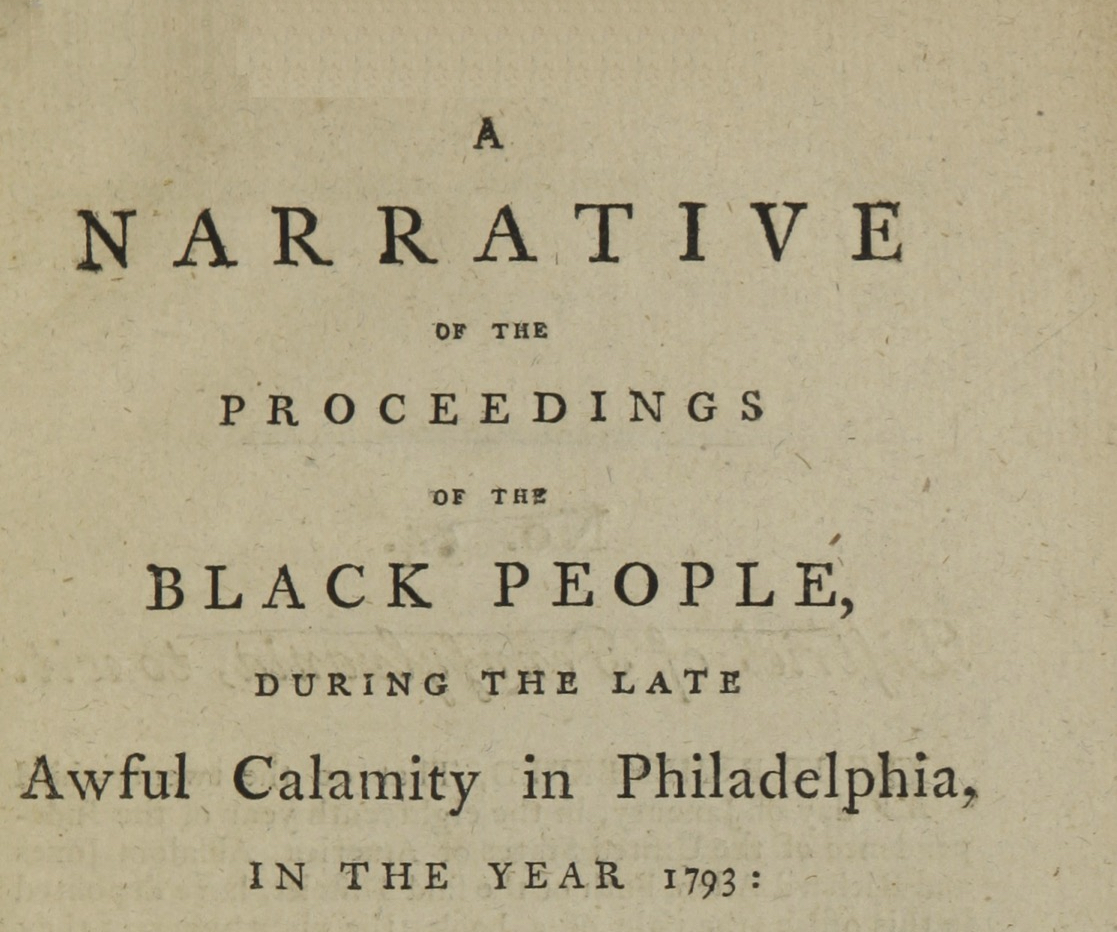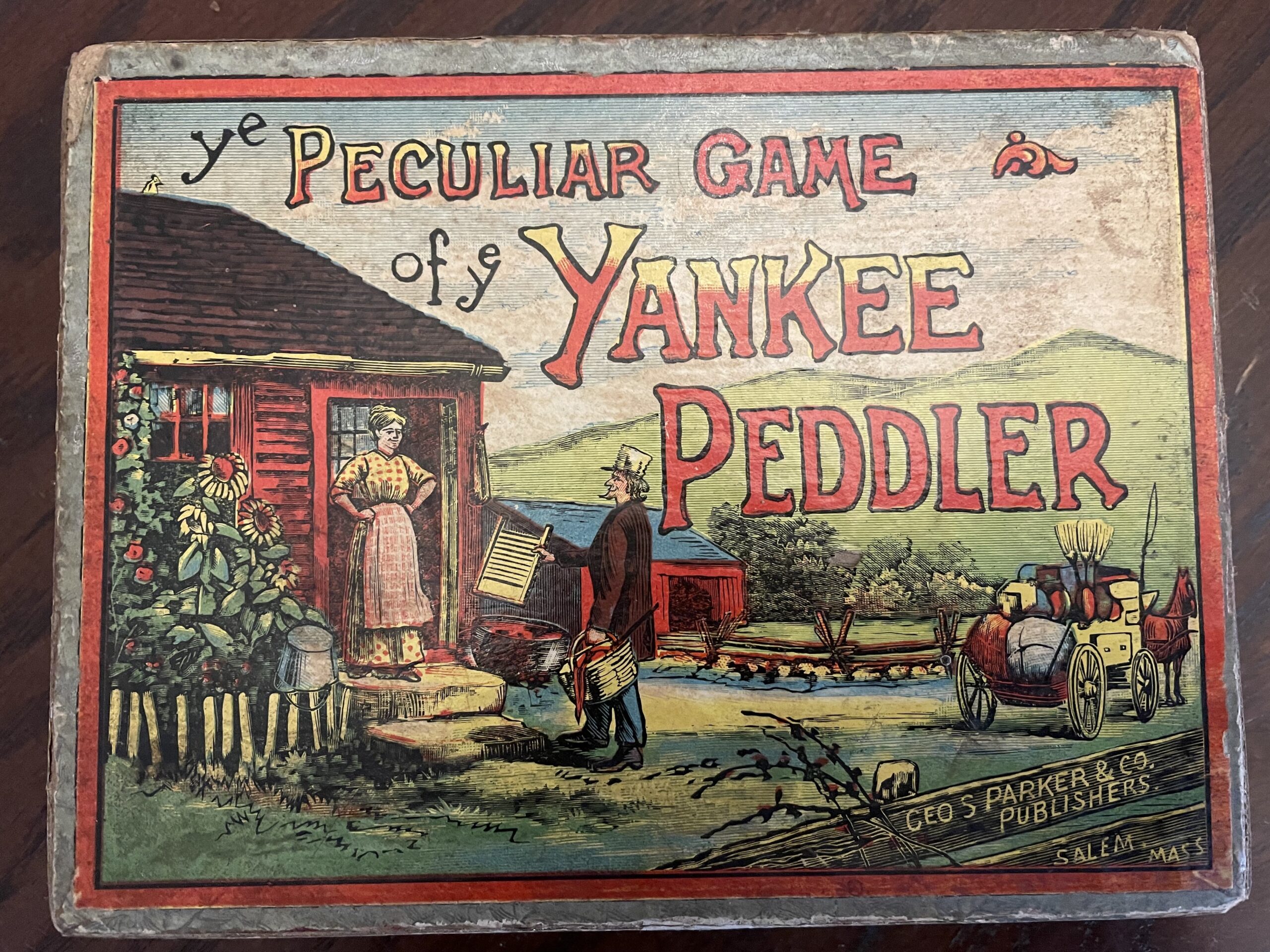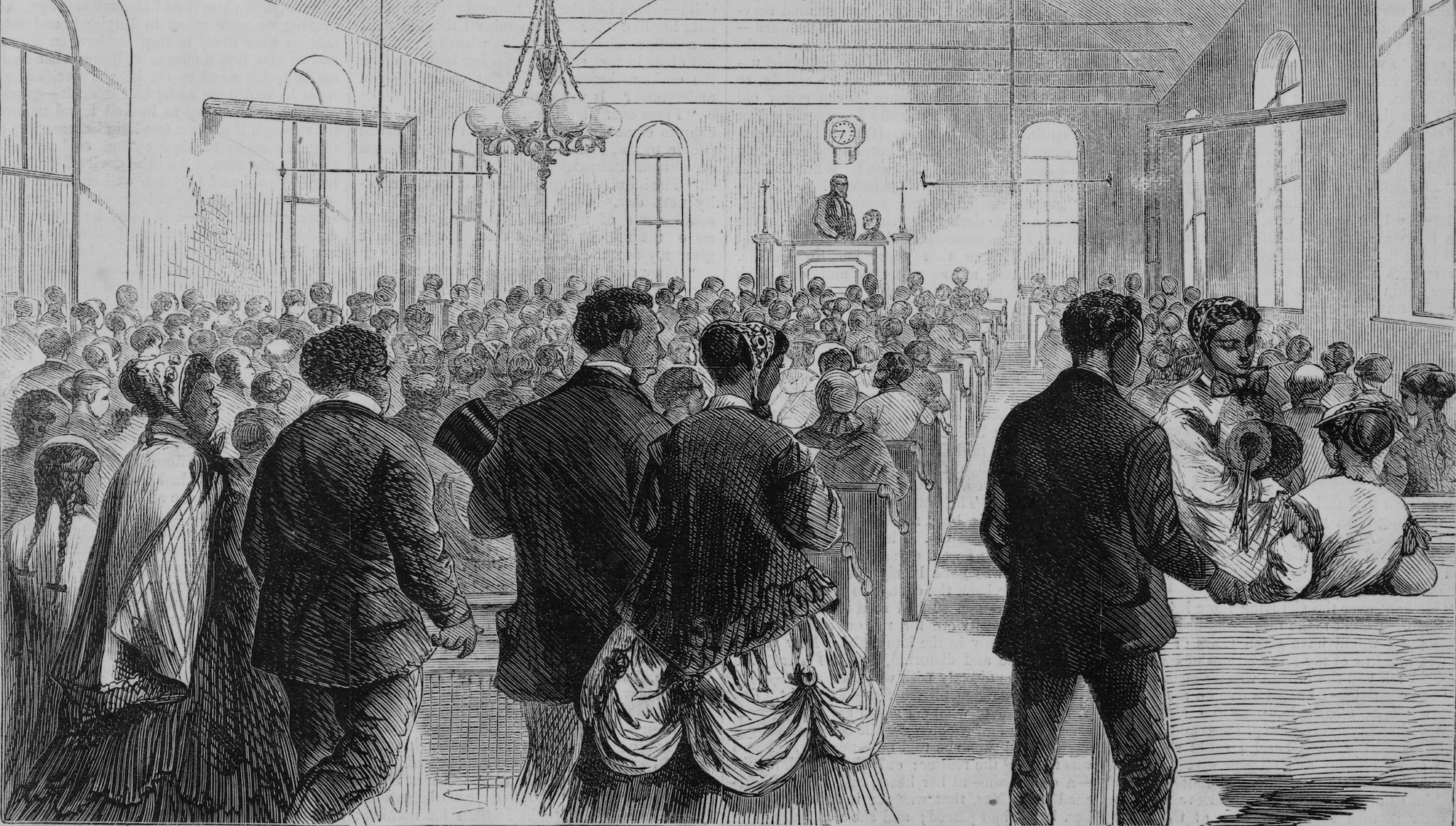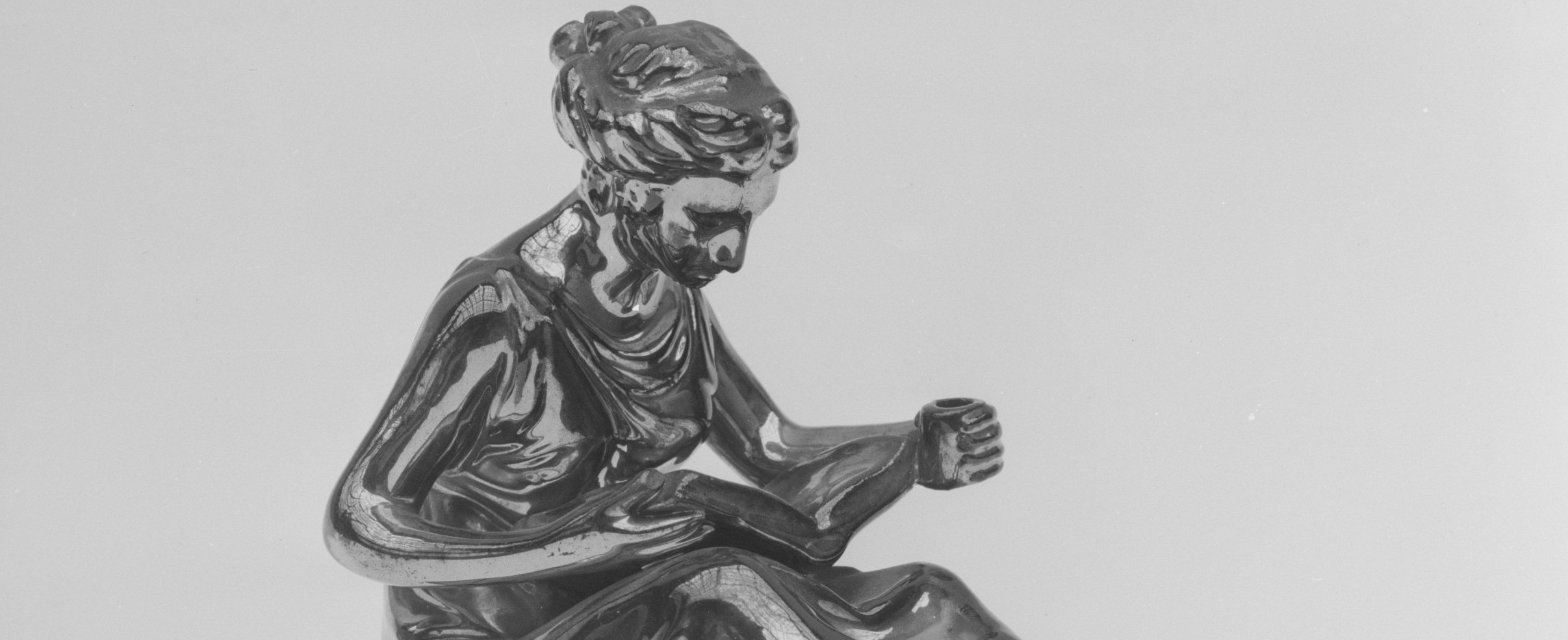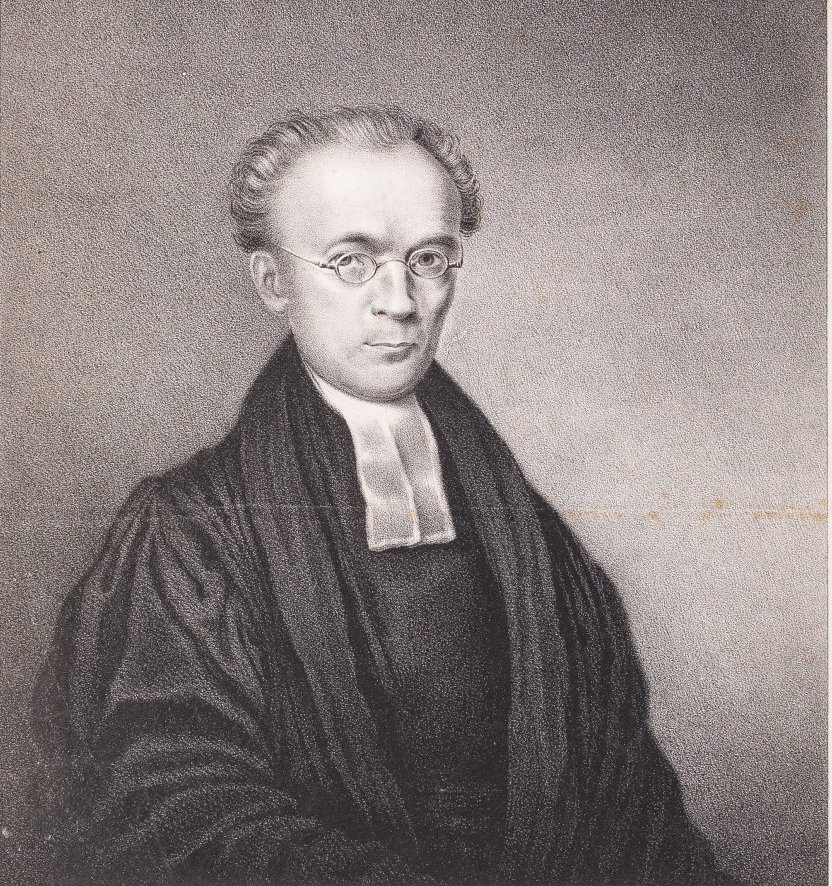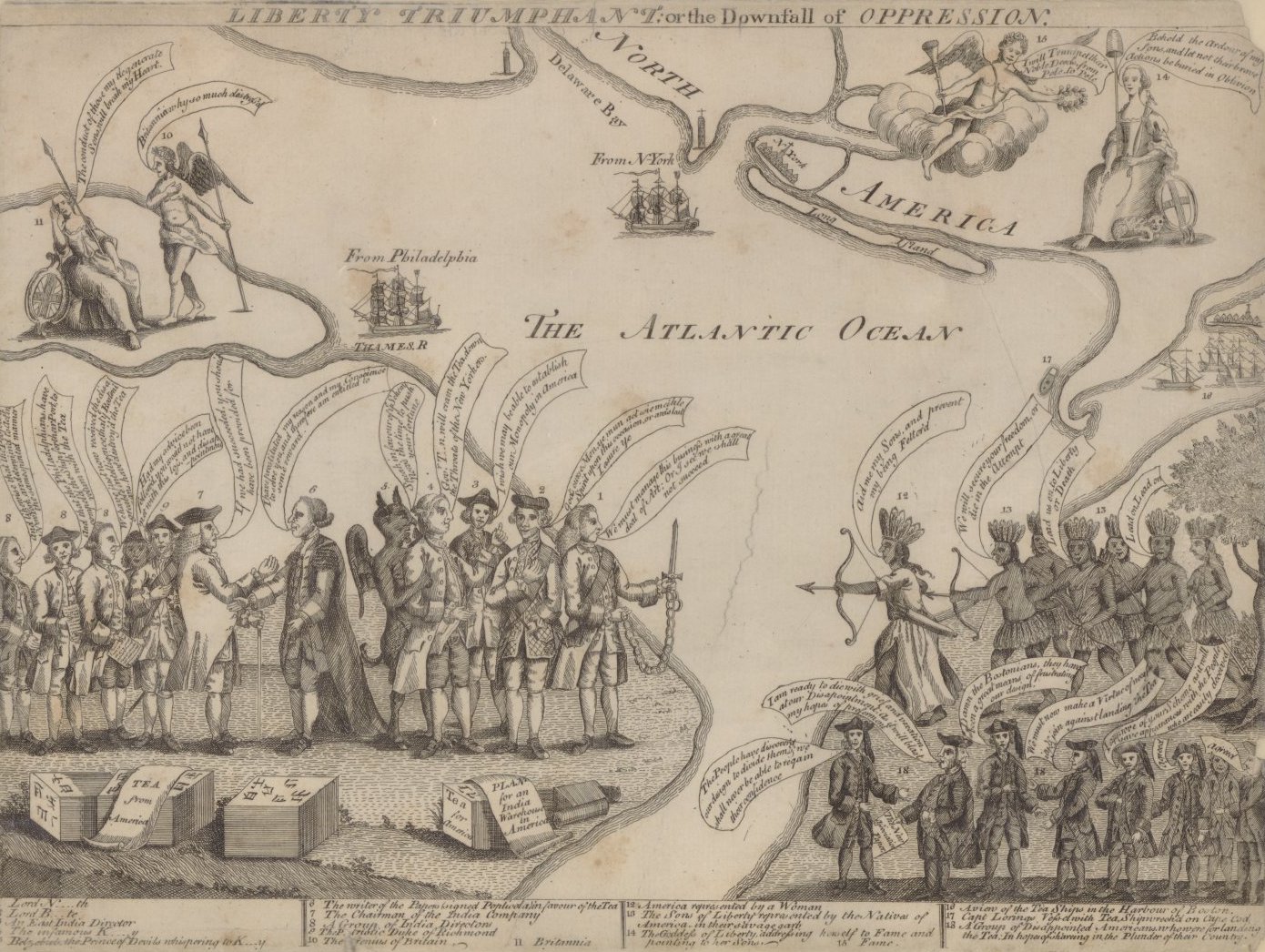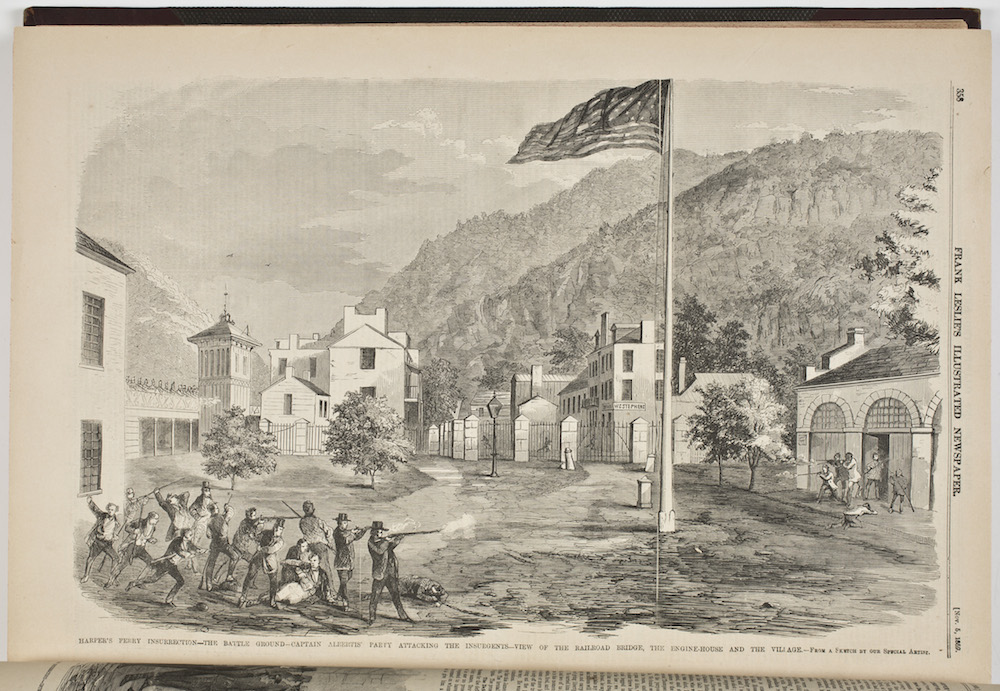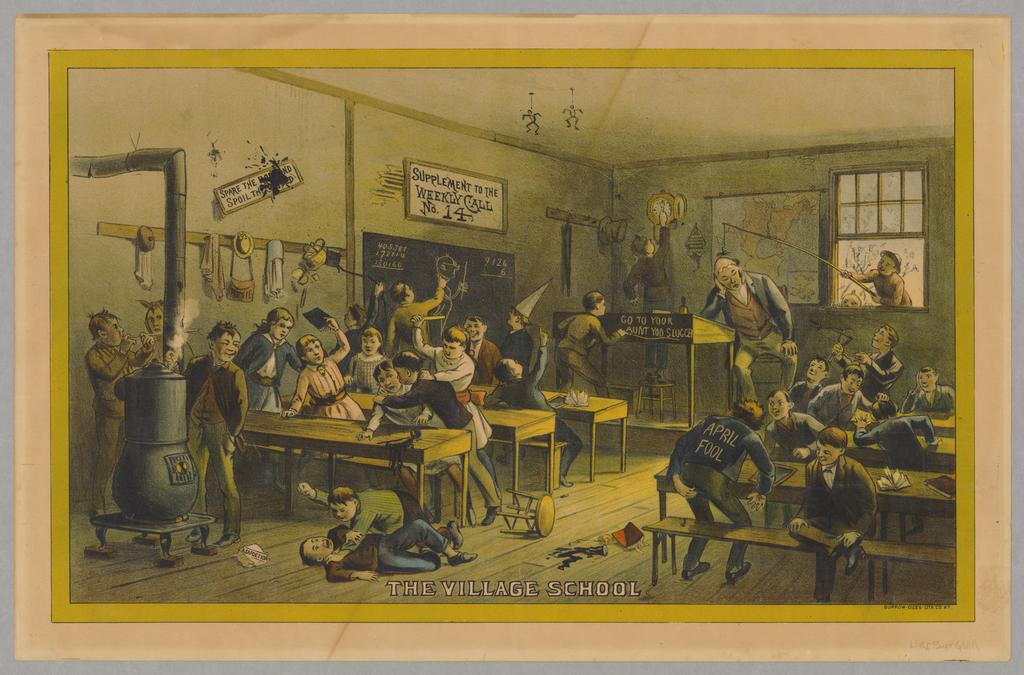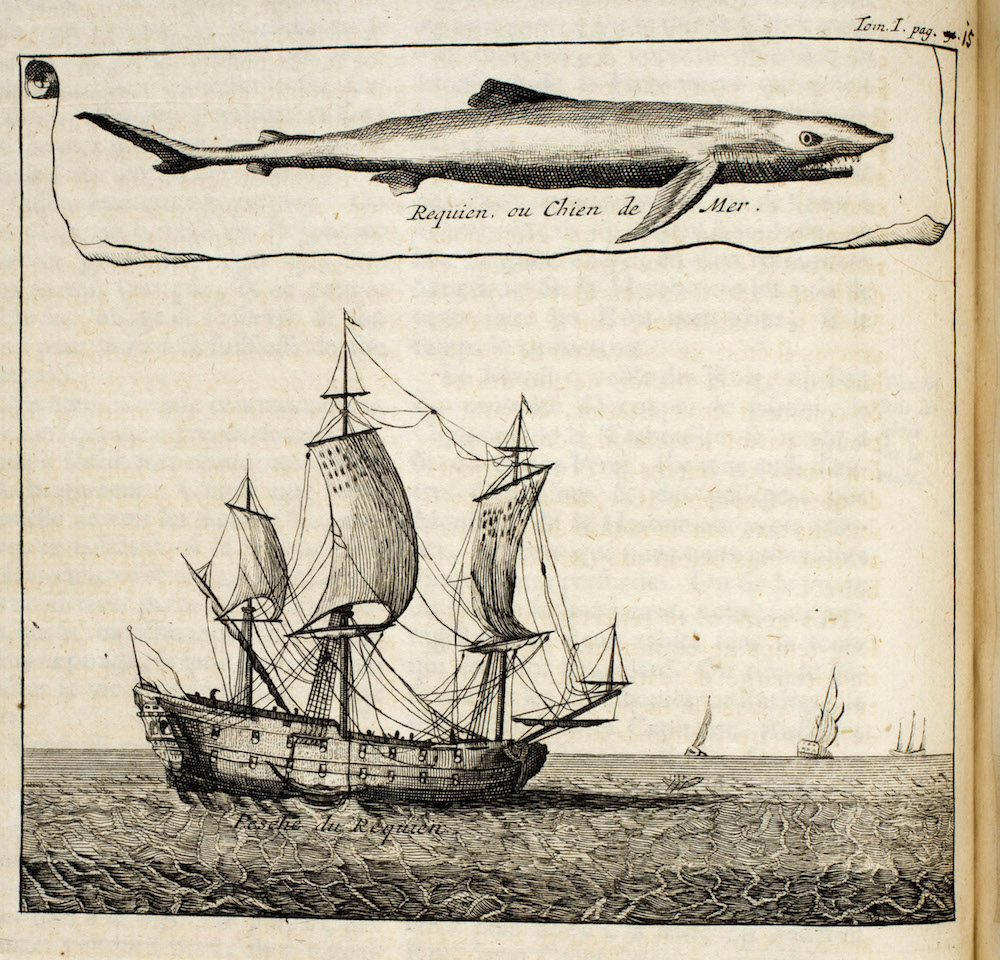What I did not find, though, was the manuscript of Memoir. I wrote up the blog post without it, and published that on December 22, 2010, just a few days before leaving the MHS to take up a new job. But that footnote continued to bug me. Without it, again, I probably would have just assumed that the manuscript had been sent to the printers and not returned, and that no manuscript copy existed. But Jantz reported that he’d seen it, in 1942. So where had it gone? From December 2010 through May 2016, whenever I was in Boston, I returned to the MHS and spent some time with the Jenks papers, looking through a few boxes each time. Since I hadn’t found Memoir in the likely places based on the finding guide, I began going systematically, folder by folder, through the fifty boxes, more than a few of which still at that time contained bundles of Jenks’s many sermons inside, wrapped in wastepaper exactly as they had been when deposited at the library.
I went through the entire collection at least three times, first forwards, then backwards, and then again somewhat in a random order. I examined the several smaller collections of William Jenks’s papers acquired at different times. I talked to the Curator of Manuscripts, who I knew had files in her office relating to the acquisition of many of the manuscript collections, and we looked through those to see if maybe some pieces of the Jenks papers had been removed by the family after 1942. We learned then that various tranches of the papers had been deposited by Jenks’s heirs at different times, though there was no indication about which parts came at which time. But there was nothing to indicate that any relevant material had been removed.
By 2016 I was getting fairly sick of this search, to be honest. I had other things I needed to be using my infrequent MHS research time for, and we had the text of the Memoir in published form, so what did it really matter about the manuscript anyway? But the question kept gnawing away at me: what had Jantz seen, and where was it? I still wanted to find the answer, or at the very least to confirm one way or the other whether the Memoir manuscript was in the MHS collections.
On Tuesday, May 10, in Boston to give an entirely unrelated talk, I spent the morning strategically calling up boxes and looking carefully through them. Still nothing. I went to lunch with my friends from the collections department, and asked the curator then if I could come upstairs after lunch and have another look through her office files to see if I had overlooked a clue when I examined them some years prior. And that last look through the curatorial files was what made me rethink my whole process and start looking at it crossways. It was unclear at which point some of the papers had been deposited at the library, so . . . what if none of the fifty boxes of what we knew as the Jenks Papers were at the MHS when Jantz had done his research in the early 1940s? I had thought that at least some portion of them were, but perhaps that was completely wrong. If so, then it was back to square one, since I had already looked at all of the items cataloged under William Jenks’s name in the MHS collections.
I turned next to the many volumes of the MHS Proceedings, shelved along the walls of the library’s reference room. They are an invaluable resource for many things, but I wasn’t at all sure that they would help me. I started looking through the several index volumes for references to Jenks, and in the 1928 index to the third series of Proceedings, there appeared a reference to certain papers of William Jenks, on the first page of Volume 55. That led me to the minutes of the Society’s October 13, 1921 meeting, at which the Librarian “reported the following accessions: From the family of Rev. Henry F. Jenks, through his brother Charles W. Jenks, of Bedford, Mass., the manuscript papers of Rev. William Jenks, of his son John Henry Jenks, and of his grandson Rev. Henry F. Jenks, from 1800 to 1903.” The papers were a bit more fully described, though there is no specific mention of the Memoir.



